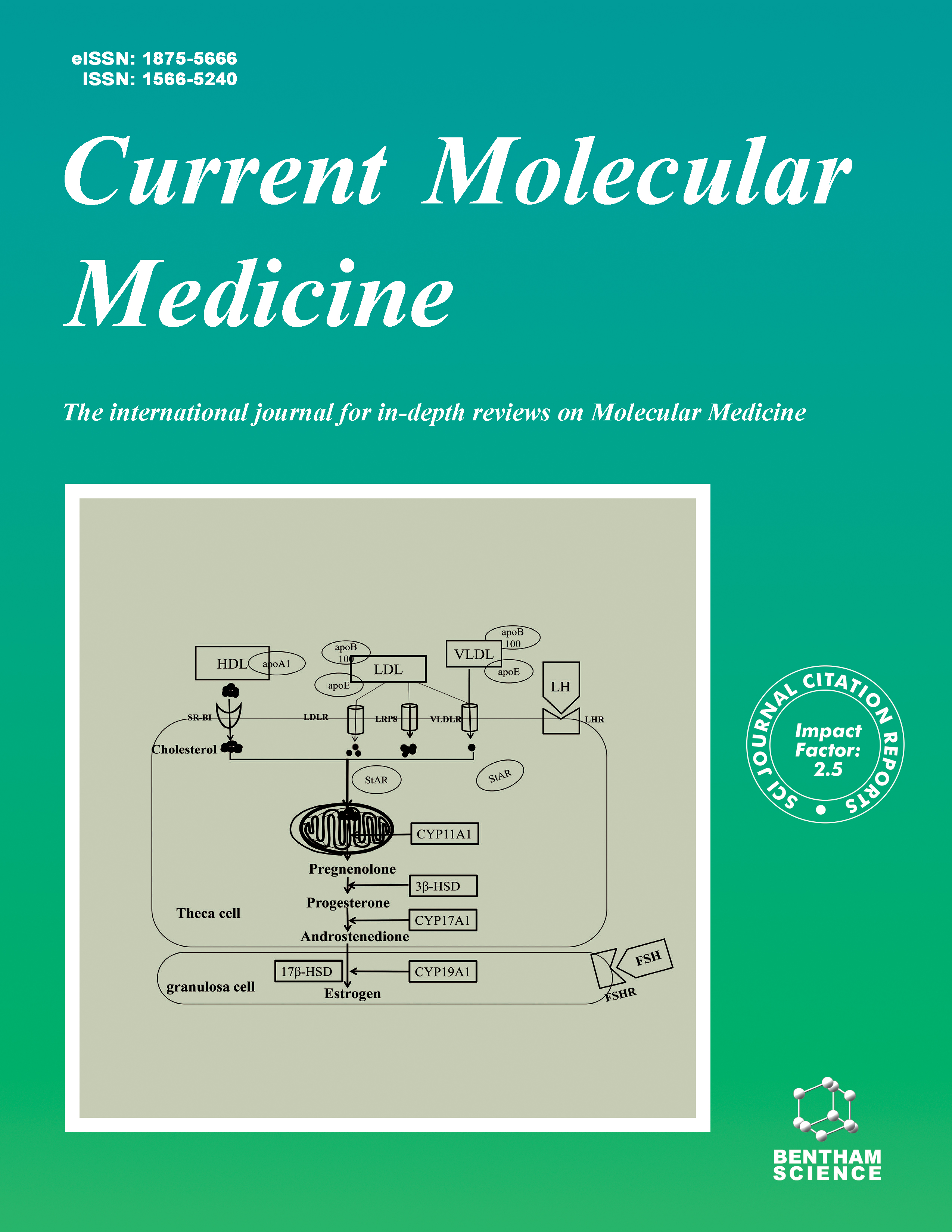
Full text loading...

Cancer is a major health concern worldwide, and there have been numerous efforts to fully understand the mechanism of cancer pathogenesis and develop effective treatments. In this context, exosomes play a crucial role in the detection and management of cancer. Exosomes are extracellular vesicles that share components with their parent cells and mediate intercellular communication, especially in cancer patients. Exosomal cargo, which includes proteins, lipids, and RNAs, has been extensively investigated due to its potential significance in cancer. Exosomes play a crucial role in cancer biology, as they have been demonstrated to alter the tumor microenvironment and facilitate communication between the tumor and its host. Exosomal composition is influenced by packaging and secretion processes, which can affect the function, distribution, and uptake of cargo in target cells. Exosome-mediated communication within the tumor microenvironment suggests that variations in endocytosis and plasma membrane remodeling, which are specific to cancer, are partly responsible for the abnormal exosomal process in cancer. Numerous processes, including the modification of the tumor microenvironment, the promotion of angiogenesis, metastasis, and invasion, as well as the regulation of tumor cells' immune escape, are thought to be facilitated by exosomes in the development and progression of cancers originating from various tissues. Exosomal components have the ability to mediate immune responses against cancer and aid in the development of cancer cell resistance to treatments and medications. This study aims to provide a concise review of exosome composition, the processes involved in their synthesis, their roles in cancer development, progression, and metastasis, as well as their ability to evade immune surveillance and contribute to resistance against cancer-related drugs and therapies. Therefore, we conducted an extensive search across numerous academic databases, including Scopus, PubMed, ScienceDirect, Crossref, and Google Scholar, using the keywords “cancer,” “exosomes,” “progression,” “metastasis,” “therapy resistance,” etc. The retrieved literature was critically analyzed. This knowledge may contribute to more effective cancer treatment in the future by informing potential therapeutic applications.

Article metrics loading...

Full text loading...
References


Data & Media loading...